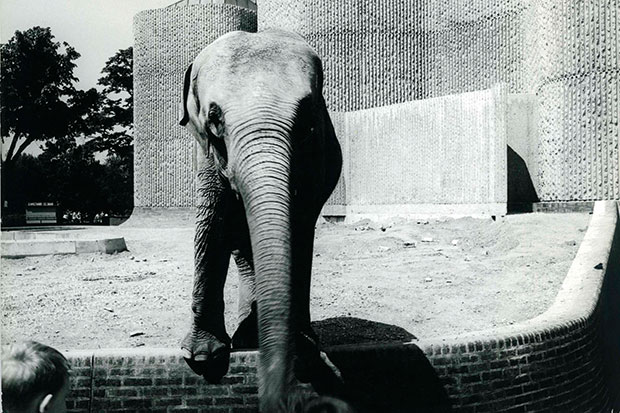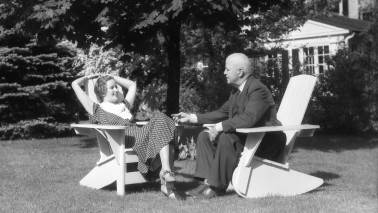‘What is man, that thou art mindful of him?’ asks the Psalmist. It’s a good question.
God Himself doesn’t give a very satisfactory answer. In one breath he insists that humans are a little lower than the angels, made in His own image, but also (in a formulation as bleak and more terse than any modern reductionist’s) that they are made of dust, and to dust they will return.
Darwin tells us a similar story. We don’t have to flip back too many pages in our family albums, he says, before we see furry, feathered and scaly faces. But then he draws an exuberantly branching tree of life, rooted in stardust, and tells us that we’re perched on the topmost bough. It’s not surprising that we’re confused.
This confusion is at the bottom of all our neuroses. Our predominant feeling is the queasiness of ontological vertigo. We know ourselves too well, and read the newspapers too diligently, to believe that we’re gods. And yet our pride, and our love of literature and old churches, convince us that we’re not mere beasts. We see human deaths as more morally significant than animal deaths. We hold ourselves to different standards: we can tolerate cannibalism in wolves, but not in ourselves.
We’ll do anything to reduce the queasiness. That’s what our moral and religious and cultural and scientific lives are about. We read books, draw pictures and watch plays to try to describe ourselves to ourselves. We worship gods in us and gods outside us, trying to find some comforting affinity with the divine. We frenetically name animals in an attempt to feel, like the first animal-namer, Adam, that we have dominion; but also so that we can caress and relate.








Comments
Join the debate for just £1 a month
Be part of the conversation with other Spectator readers by getting your first three months for £3.
UNLOCK ACCESS Just £1 a monthAlready a subscriber? Log in